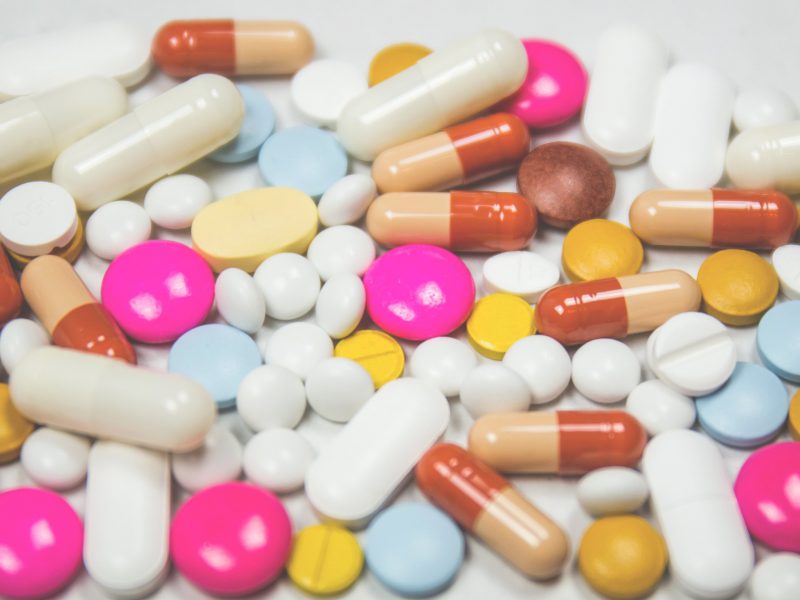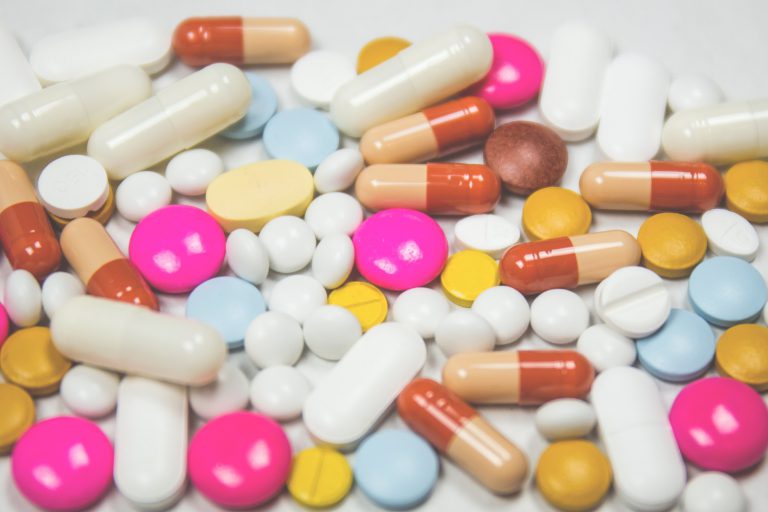A recently published study has found that boys treated with daily Deflazacort (a corticosteroid) have more fractures than boys treated with other steroid regimes. The study also confirmed previous results that boys treated with daily Deflazacort had the greatest degree of growth stunting and that weight gain was greatest in those treated with daily Prednisolone.
The study was led by Dr Shuko Joseph and Dr Jarod Wong at Glasgow University, who used NorthStar data for 381 boys to investigate bone health and growth rates of boys taking different types of steroids in different ways: daily Deflazacort; daily Prednisolone; 10 days on and then 10 days off Deflazacort; 10 days on and then 10 days off Prednisolone.
These results show that the side effect profile maybe different depending on the steroid regimen. Our results need to be confirmed in studies where the x-rays are all consistently reviewed and reported. Monitoring bone health according to the 2018 standards of care is very importantDr Jarod Wong
The study was jointly funded by Action Duchenne, the Scottish Government Chief Scientist office and Muscular Dystrophy UK.
You can find out more by watching Dr Wong giving a talk on bone health at our conference last year, and the researchers involved in the study have prepared a short Q&A about the results:
Q:Why are steroids used in DMD?
A: Steroids have been shown to improve muscle strength in boys with DMD. The exact mechanism is not clear but may relate to reduction in muscle inflammation. Studies have shown that steroids can prolong the age of loss of ambulation by about 1-2 years. They may also have protective effects on the heart and respiratory muscles. There is also evidence that steroids can reduce deformities of the spine (scoliosis). Steroids are the only proven therapy to improve the clinical outcome of boys with DMD.
Q: Which steroids are better for boys with DMD?
A: There are currently two types of steroid medicines commonly used in DMD: Prednisolone and Deflazacort. They are usually given either daily or in an intermittent fashion: for example taking it 10 days on and then 10 days off, although in some countries they can be given in a different manner. It is very difficult to answer the question, as we do not have strong evidence of which steroid is better for improving muscle function. There is currently an international trial (FOR-DMD) ongoing that compares three steroid regimens, which will hopefully give us some answers.
Q: Are there side effects to taking steroids?
A: Like any medicine, there are side effects. The side effects may vary from person to person. Weight gain including increasing roundness of the face (Cushingoid appearance), mood changes, and sleep disturbances are common. Thinning of the bones (osteoporosis) leading to fractures and stunted growth is also common. In adolescents, puberty may be late. Other possible side effects include cataracts, stomach irritation and thinning of the skin. It is therefore very important that a patient with DMD treated with steroids is monitored in a specialist clinic. It is very important that steroids are not stopped abruptly and that a plan should be in place for steroids to be given if a boy with DMD is very sick and cannot take steroids by mouth.
Q: How should bone health be monitored in a patient with DMD on steroid treatment?
A: It is important that x-rays of the spine are done at least once every 2 years in a patient with DMD on steroids to detect vertebral fractures (compression fractures of the back bones). Blood tests to check vitamin D levels are also important. Please discuss this with your treating doctor and neuromuscular team.
Q: How do I find out more information on steroids for DMD?
A: We would encourage you to discuss this further with your treating doctor and neuromuscular team.



 Jonny Gould becomes an Ambassador for Action Duchenne
Jonny Gould becomes an Ambassador for Action Duchenne
